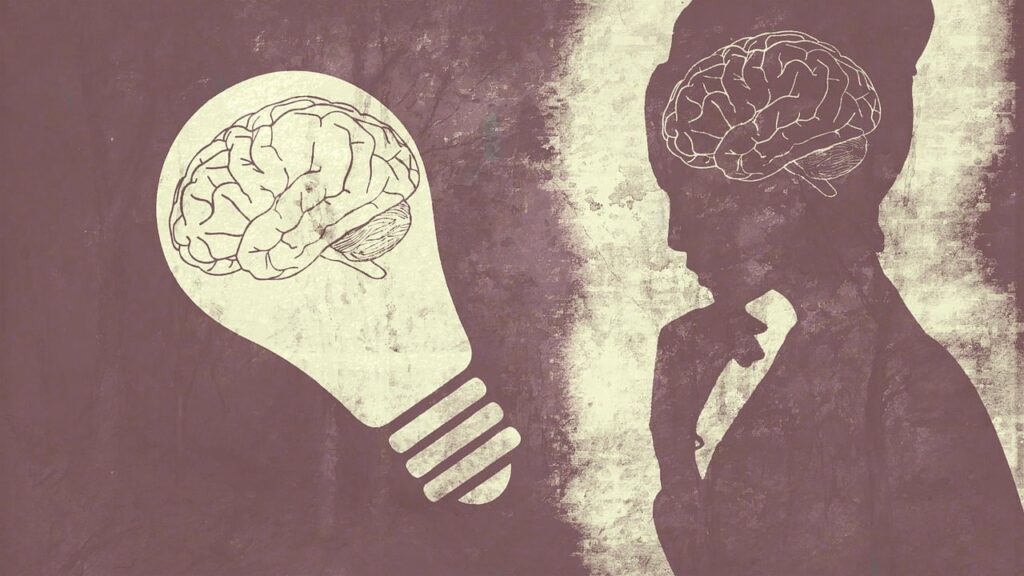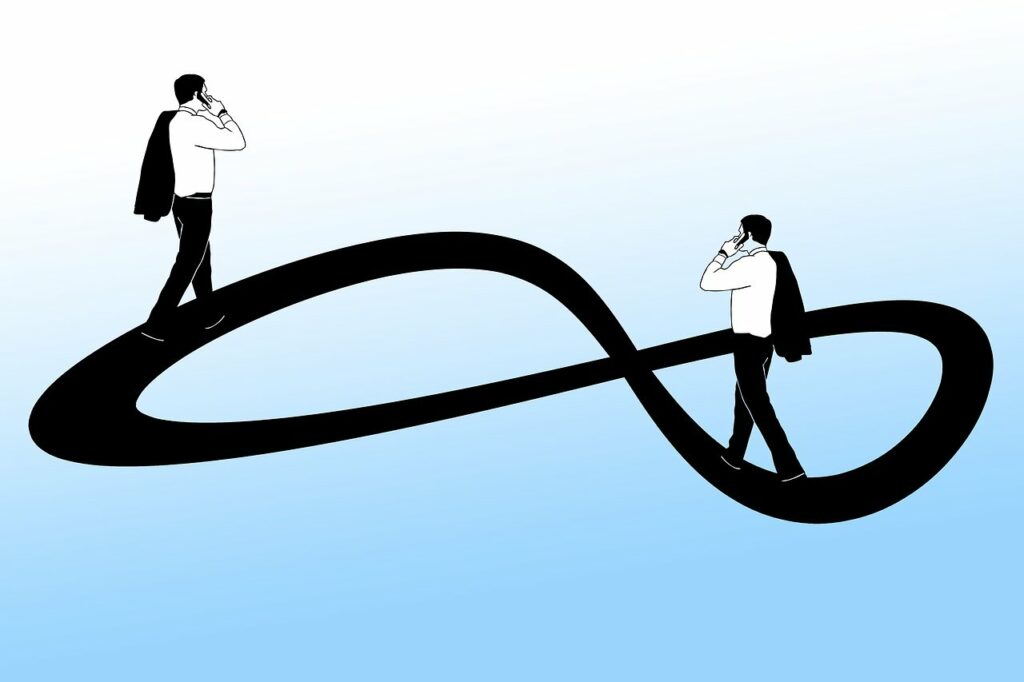
For anyone not familiar with the television gameshow Who Wants to Be a Millionaire, the host asks multiple-choice questions, and the contestant has to select one of the four answers presented. Because there are only four possible answers, and one of them has got to be correct, it may seem that you can get far in the contest if you just choose your answers at random. Remember, however, that it only takes one incorrect answer to be kicked out!
Viewers of the show discovered an interesting paradox, as shown in the image with the help of a made-up Who Wants to Be a Millionaire question.
The Who Wants to be a Millionaire Paradox. pic.twitter.com/9tEEvtEWqq
— Martin O'Neill (@martin_oneill) July 15, 2020
The question reads: If you choose an answer to this question at random, what is the chance that you will be correct? There are four options: A – 25%, B – 0%, C – 50%, and D – 25%. Two of the answers read 25%. With the other two options being 0% and 50%, you really only have three potential answers.
Because there are four answer options, we can assume the right answer is 25%. However, because that option is presented twice, would the correct answer be 50%? Let’s talk about it!
Why is This a Paradox?
A Reddit user named bbman225 explained why this is a paradox on a thread discussing this made-up scenario. We can begin to understand it by dissecting each individual answer.
Comment
byu/Yumbreon from discussion
intheydidthemath
If we suppose that 25% is correct, answers A and D, we find that it cannot be, because then the correct answer would be C – 50%. In other words, if the answer to the question is 25%, meaning there is a 25% chance of getting the question right by guessing, then the real answer would be 50% because the option of 25% is offered twice.
Should we suppose answer C – 50% is correct, then the real correct answers would be A and D. If there is a 50% chance of guessing the answer, there must be two options with the right answer available.
Finally, if we suppose B – 0%, is correct, we find that the actual correct answer would be 25%, or A and D. Besides, 0% means that there is no chance of getting the answer right by selecting one of the four options at random. This cannot be the right answer regarding the show, as one of the answers always has to be correct.
To some people, it may seem that line of logic would make B the correct answer. However, if B were indeed correct, we would have to end up with a probability of 25% for getting the correct answer by guessing. Thus, having B be the correct answer would actually mean that A and D are correct.
In conclusion, any answer you pick will result in a contradiction and lead to another option being right. For instance, if you pick C – 50% as your answer, the odds of picking it will be 25% (answers A and D), which is a paradox. If you pick A or D – 25%, the right answer must be C – 50%. Finally, picking B – 0% would result in A or D – 25% being correct.
This question is an example of a self-reference paradox, as rightfully pointed out by user Djorgal on the Reddit thread. The question itself is incoherent, and all the answers contradict themselves.
Comment
byu/Yumbreon from discussion
intheydidthemath
What If You Chose All Questions Randomly? How Much Money Would You Get?
The contestant on the show is presented with 15 multiple-choice questions. If you guess the answer to the first question, you have a 1 in 4 chance of getting it right. Now, take that 1 in 4 to the power of 15 to see your chances of getting all the questions right. 1 in 4 to the power of 15 amounts to approximately 1 in 1,000,000,000. Simply put, you have a one-in-a-billion chance of getting all 15 questions right by randomly choosing your answers. The chances aren’t so bad when you start, but getting to that finish line is nearly impossible.
The show’s premise is simple—you must correctly answer all 15 questions to become a millionaire. Since the chances of getting each question right when picking your answers randomly are very close to 0, you would likely get no money. Say, however, that you accidentally get the first question right (you have a 1 in 4 chance of doing so, after all!); you can tap out after that first round and walk away with $500.

You have to build momentum and get multiple consecutive questions right to win a higher prize, even if you don’t aim to reach the final prize, which is 1 million dollars—your chances of getting the question right by guessing drop exponentially with each new question.
Final Words
Sure, we all know there’s a numbers game element to Who Wants to Be a Millionaire, even a level of gambling when it comes to choosing whether or not you want to keep racking up the points and moving up to igher and higher jackpot amounts. But who knew statistics also played such a huge part of it?!

For more Who Wants to Be a Millionaire info, check out our list of 8 funny Millionaire-themed t-shirts, what countries Who Wants to be a Millionaire has aired in, and our article on if Millionaire is tax-free.
Leave a Reply